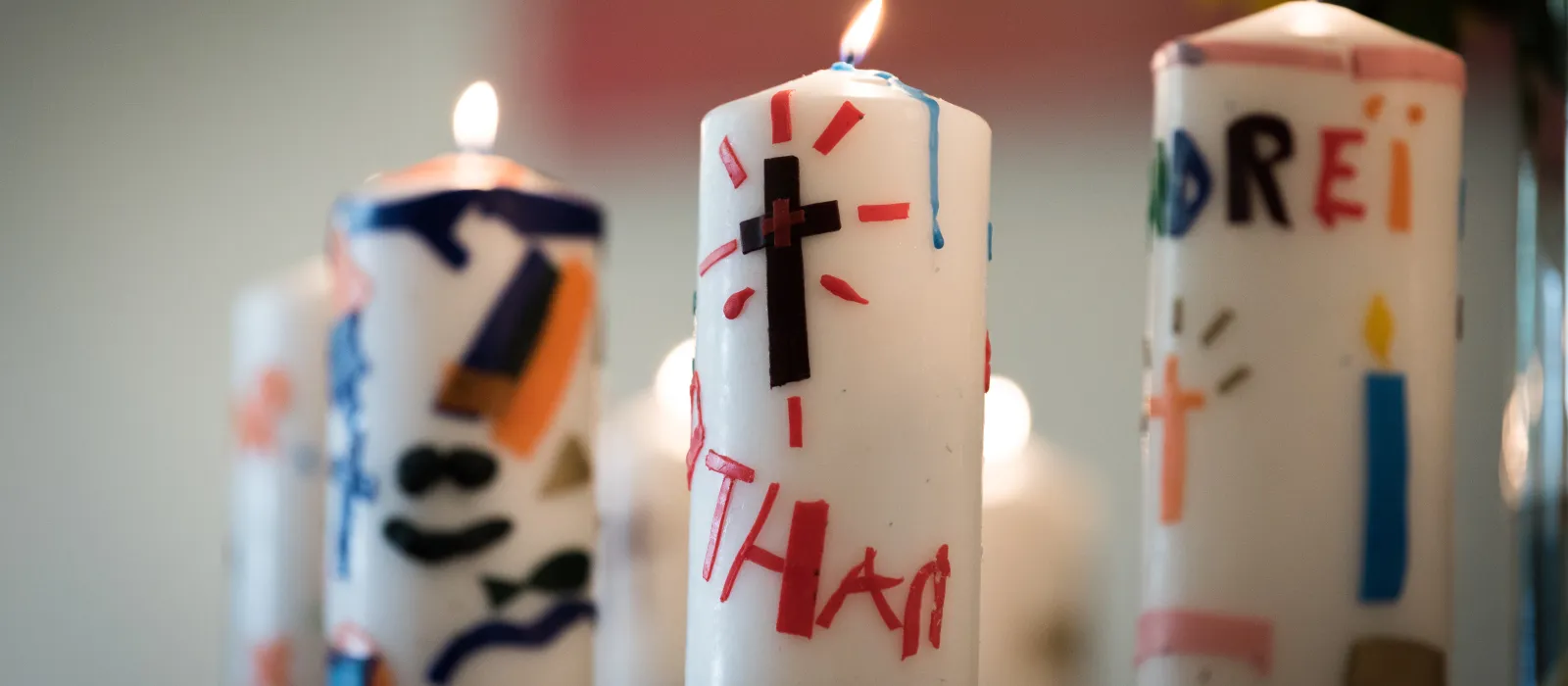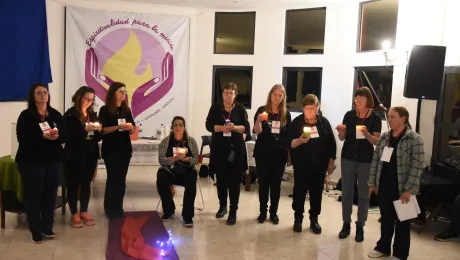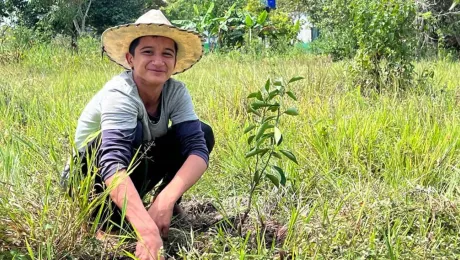Part 03: Violence Against Women Month Bible Study: A Reading from Psalm 129

Mexican Lutheran Church, ILM.
Part 03: Violence Against Women Month Bible Study: A Reading from Psalm 129
The Network of this November, the LWF Latin American and Caribbean Women and Gender Justice Network will be providing reflections on the International Day for the Elimination of Violence against Women, which is celebrated on the 25th of this month. For this reason, the biblical text is being used as a resource to help prevent such violence. On this occasion the reflective work is a community work of the women of the "Red Tent", Christ Church of the Mexican Lutheran Church (ILM), on this occasion with a community reflection and a re-reading of Psalm 129, in relation to gender violence, a theme that is being worked on during this month.



